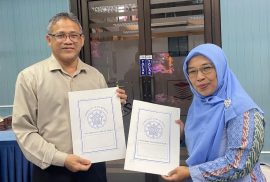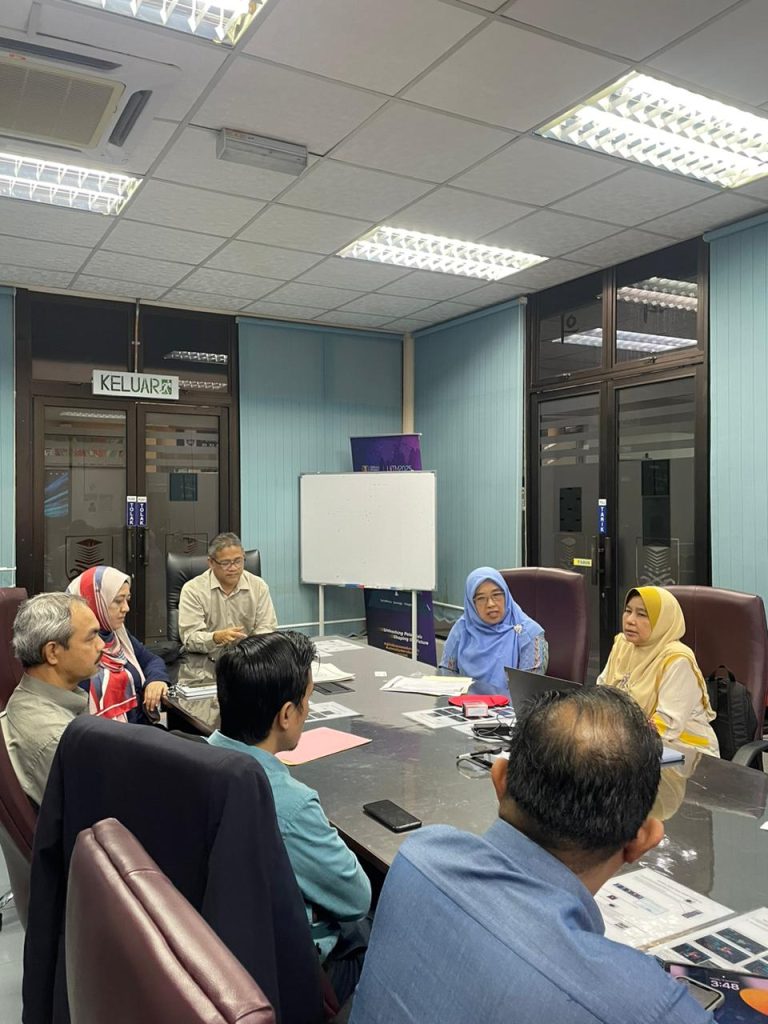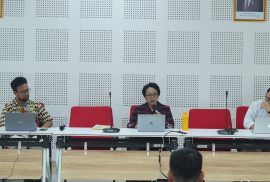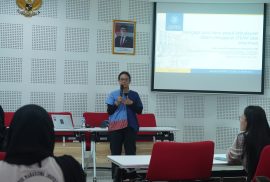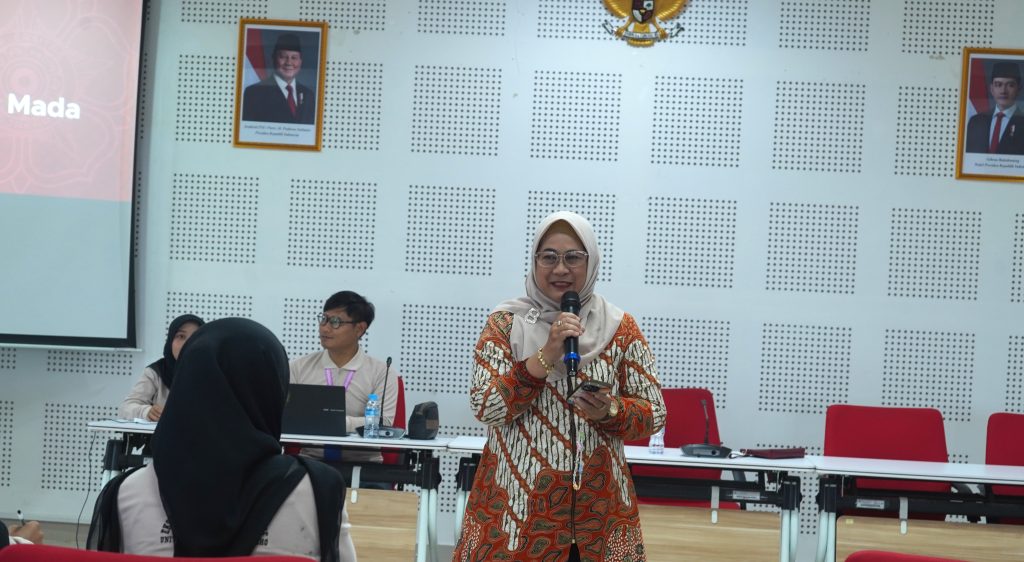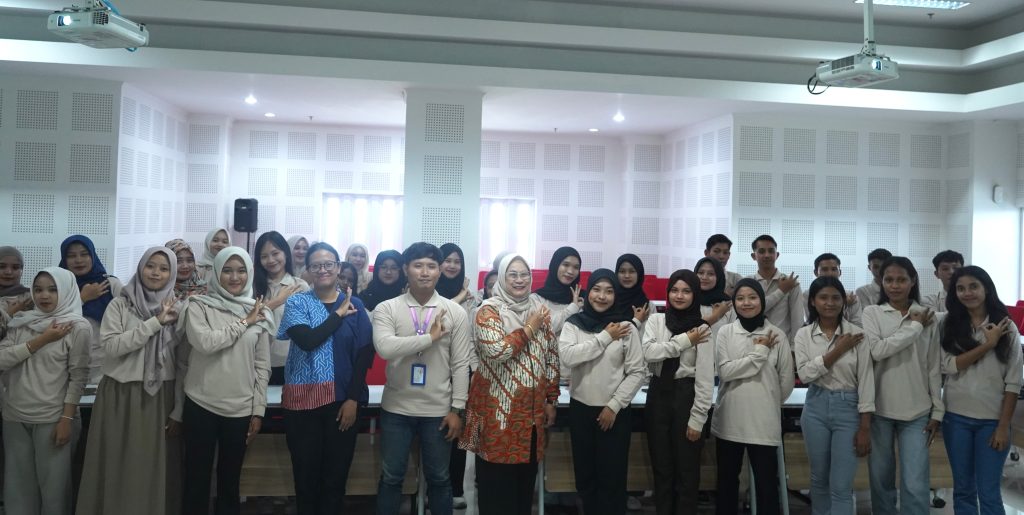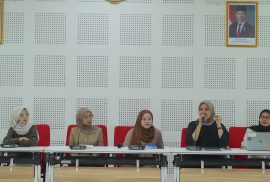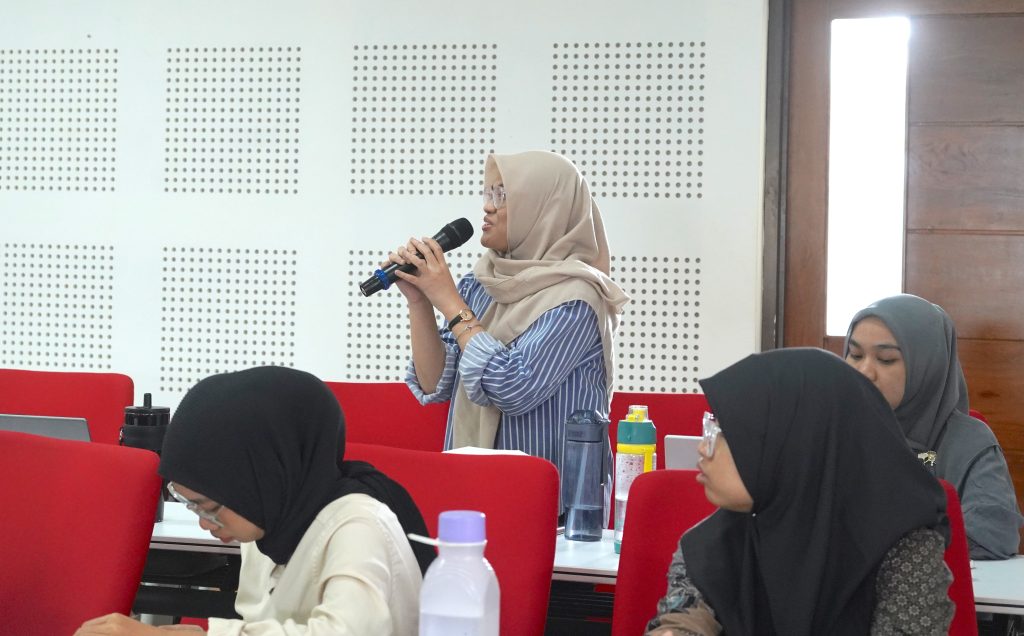Shah Alam, 16 December 2025 – The Faculty of Cultural Sciences of Universitas Gadjah Mada, through its Arabic Literature Study Program, has established an academic collaboration with the Academy of Language Studies at Universiti Teknologi MARA. The meeting, held at the Academy of Language Studies Meeting Room at UiTM Shah Alam, focused on strengthening cooperation in education, research, and the exchange of academic communities between the two institutions.
The meeting took place from 1:30 p.m. to 3:00 p.m. local time and was attended by academic leaders and lecturers from both sides. The UGM delegation was led by the Head of the Arabic Literature Study Program, Dr. Zulfa Purnamawati, S.S., M.Hum., while UiTM was represented, among others, by the Deputy Dean of the Academy of Language Studies, Prof. Ts. Dr. Janudin Sardi, and the Head of the Arabic Studies Department, Dr. Abdul Azim Mohamad Isa.
The event opened with remarks from the UiTM deanery, followed by the presentation of the purpose of the visit by the UGM delegation. A discussion then took place to explore forms of cooperation that could be implemented in the near future, before concluding with the signing of a cooperation agreement.
One of the main outcomes of the meeting was an agreement to begin an online faculty exchange program in March 2026. This program will involve Dr. Mohamad Nor Amin Samsun Baharun from UiTM and Dr. Zulfa Purnamawati in the Balaghah, or stylistics, course.
In addition, both parties are still in negotiation regarding further faculty exchanges in the fields of Arabic literature and culture in Indonesia and Malaysia. Student exchanges were also agreed to be conducted on a reciprocal basis in accordance with mutually agreed mechanisms.
In the area of research, UiTM expressed its interest in establishing collaborative studies on several topics, including Arabic pragmatics, Arabic literature, Javanese philology, and English language studies. This cooperation is also directed toward joint publications, such as poetry and pantun anthologies, as a form of academic and cultural collaboration. The meeting also discussed plans for the organization of international seminars.
This cooperation is expected not only to strengthen cross-border academic networks but also to encourage sustainable exchanges of knowledge and cultural understanding. Through collaboration in education and research, both institutions aim to contribute to the development of the humanities in ways that respond to global challenges and future societal needs.
[Public Relations of FIB UGM, Candra Solihin]

